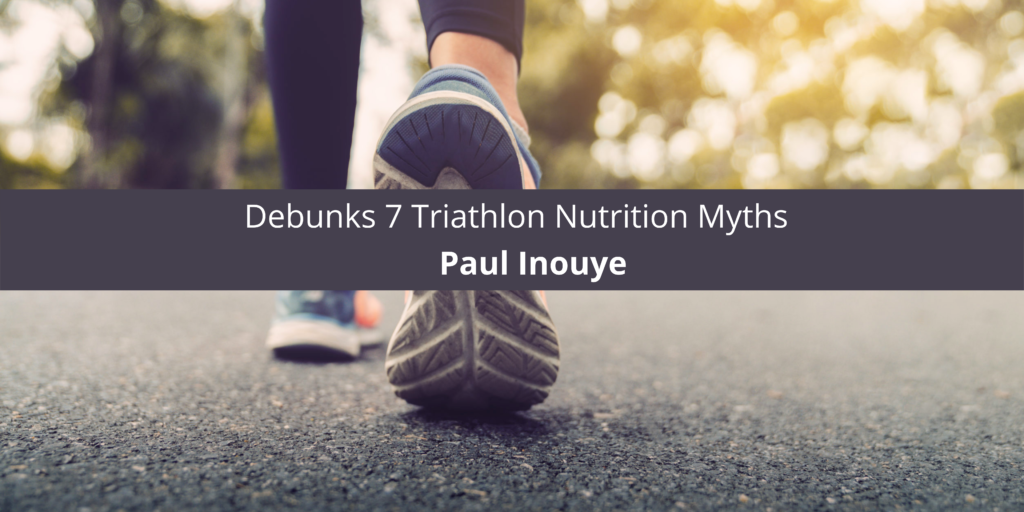Paul Inouye Debunks 7 Triathlon Nutrition Myths


Paul Inouye says that before you lace up your sneakers, he invites us to explore the common myths surrounding sports performance and nutrition. He is an avid triathlete and shares his experience to help prepare yourself properly before and during training.
1. Find the perfect diet.
Nutrition is not one-size-fits-all. But there are components of a balanced diet that apply to everyone. Quality protein, healthy fats, and carbohydrates are essential. The three macronutrients influence your endurance, longevity, and overall health the most. Mix in brightly colored fruits and vegetables. Paul Inouye knows these are ideal sources of vitamins, antioxidants, and iron. Adapt your diet to best fit whatever stage of training you are in.
2. Limit protein to stay lean.
Protein isn’t just for powerlifters. Endurance athletes require elevated levels of protein too. For triathletes facing hard training, the American College of Sports Medicine recommends 0.8 grams of protein per pound of body weight. Paul Inouye says this is the same requirement weightlifters need to maintain muscle mass.
3. Need more meat.
While the body needs protein, you don’t have to get it from meat. A well-planned plate can get these same nutrients from other foods. Eggs, yogurt, and milk are packed with protein. For vegan approaches, spinach, nuts, and quinoa are strong choices.
4. Avoid fats.
In reality, fats are a vital part of any diet. In addition to being a source of energy, fats also serve physiological functions. Rather than cutting out all fats, consume foods that are rich in omega-3. This includes oily fish, olive oil, and avocados. Paul Inouye considers supplements to help achieve these daily requirements.
5. Overload on carbs during race week.
Like with anything else, the key is moderation. As tempting as it sounds, avoid all-you-can-eat pasta. Dramatic increases in carbohydrates can have the opposite effect, leaving you feeling lethargic or tired. For races fewer than two hours, only up your intake slightly. During more extended events, gradually eat more carbohydrates about 48 to 72 hours before. Try this in the morning to avoid feeling too full in the evening.
6. Drink as much water as you can.
Staying hydrated comes with an asterisk. Despite what many athletes were told when they were younger, too much water is actually harmful. Rather than guzzling a sports drink, it’s crucial to fuel up at regular intervals. Paul Inouye prefers to set a watch to beep while training. Drink a couple of ounces every 10 minutes to fight fatigue and maintain blood sugar levels.
7. Don’t eat after a workout.
Muscle repair and recovery require food. Select meals within a 60-minute window after training with high concentrations of proteins and carbohydrates. Not only will this help with muscle recovery, but you will feel stronger and less exhausted.
